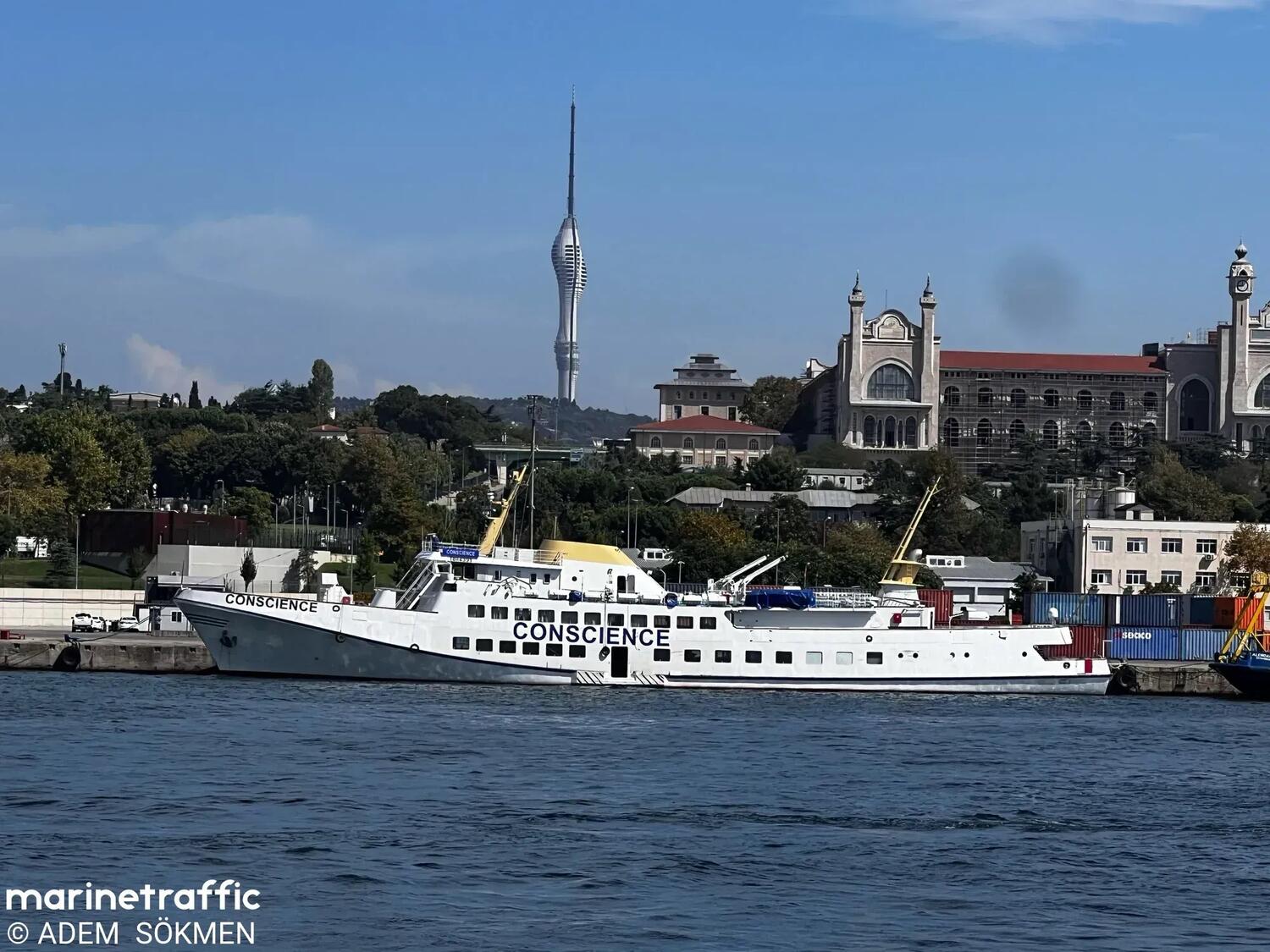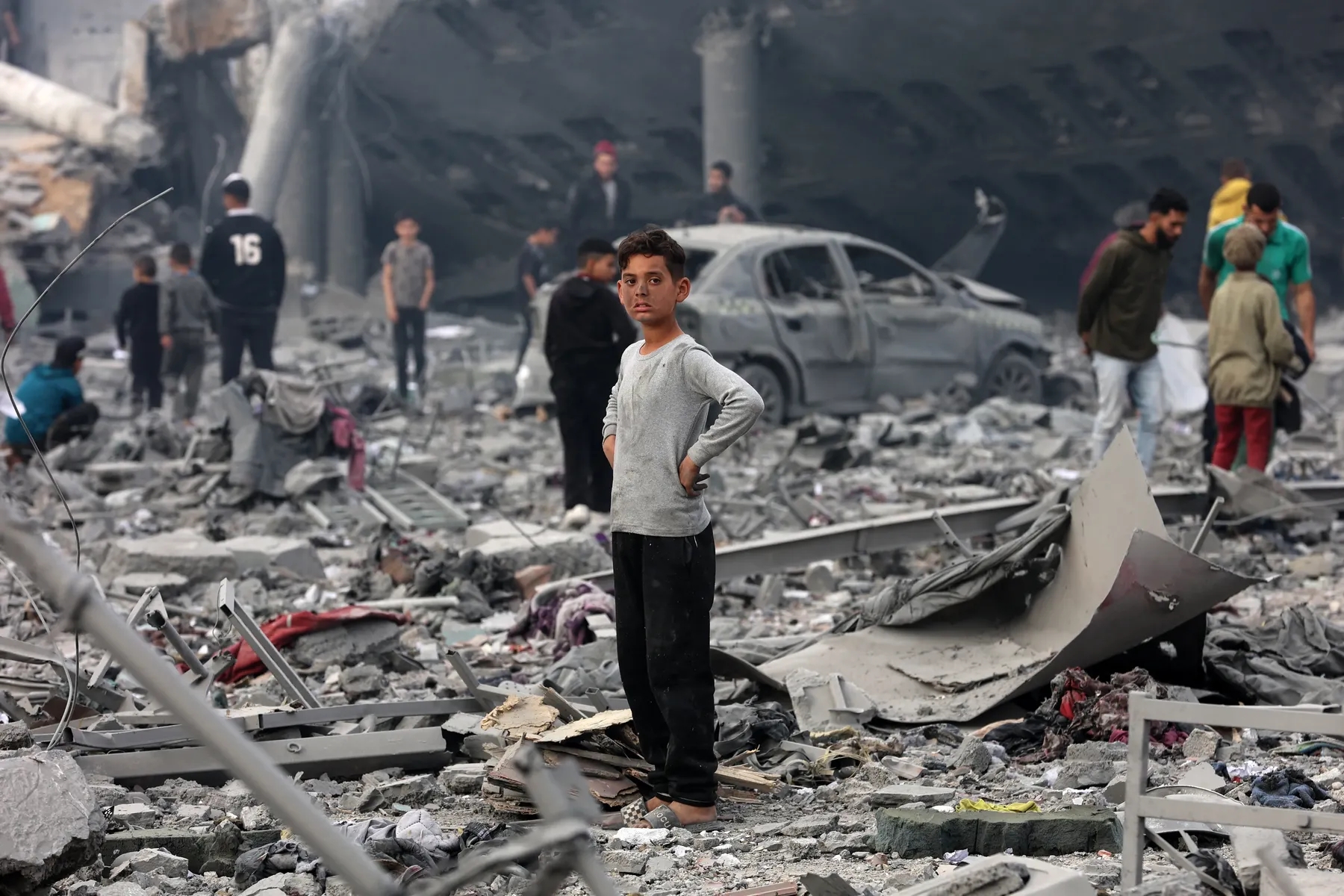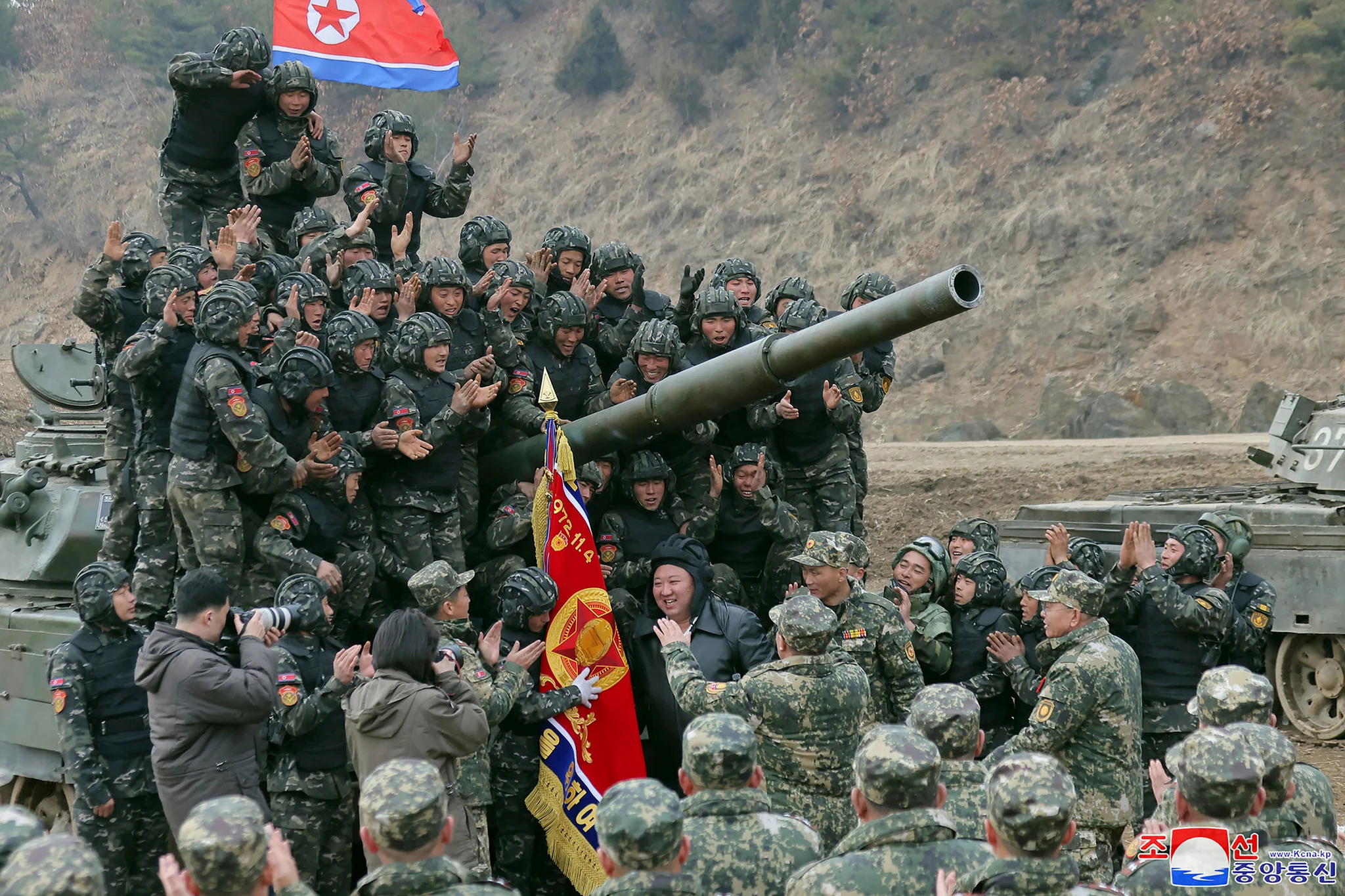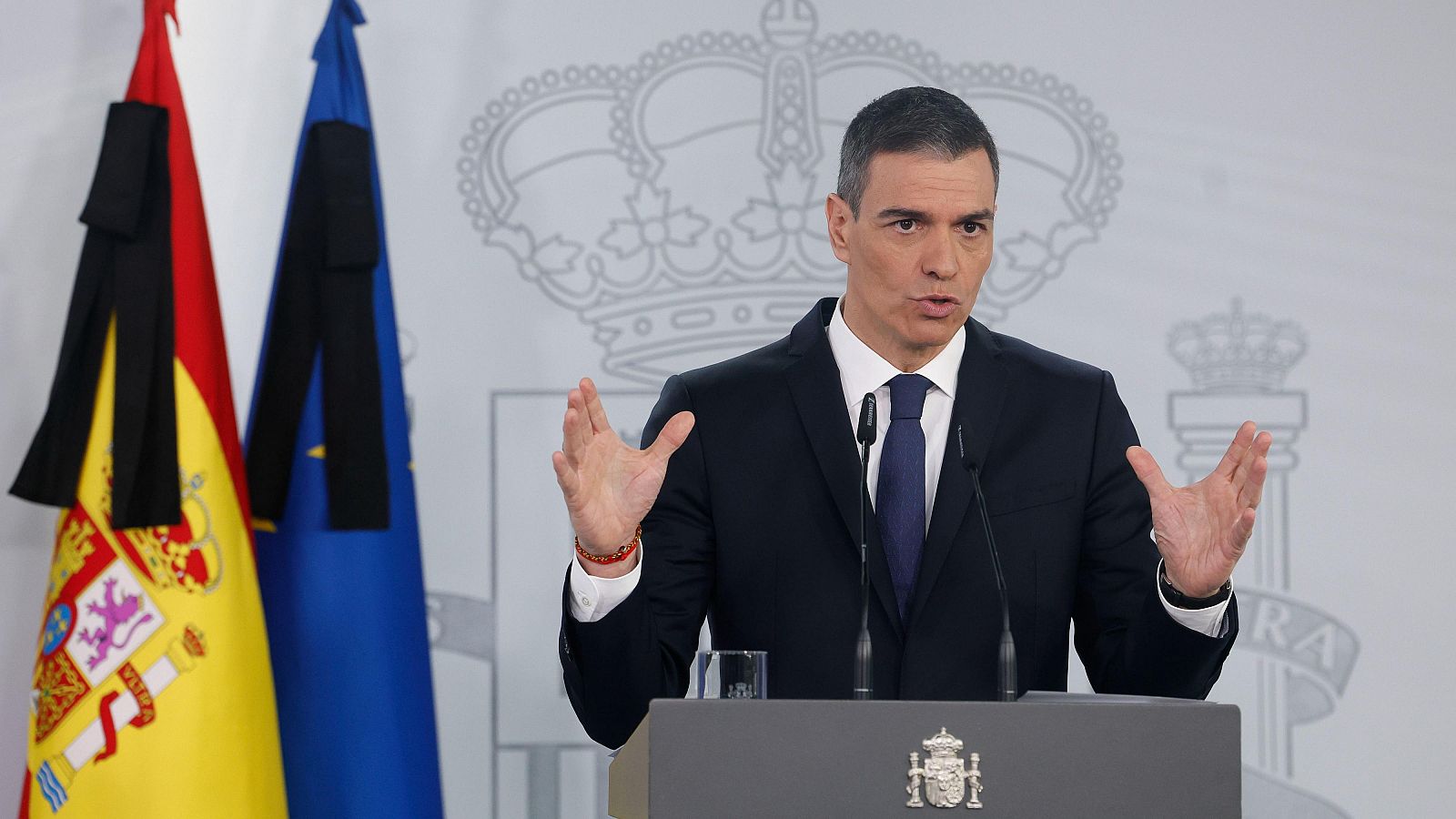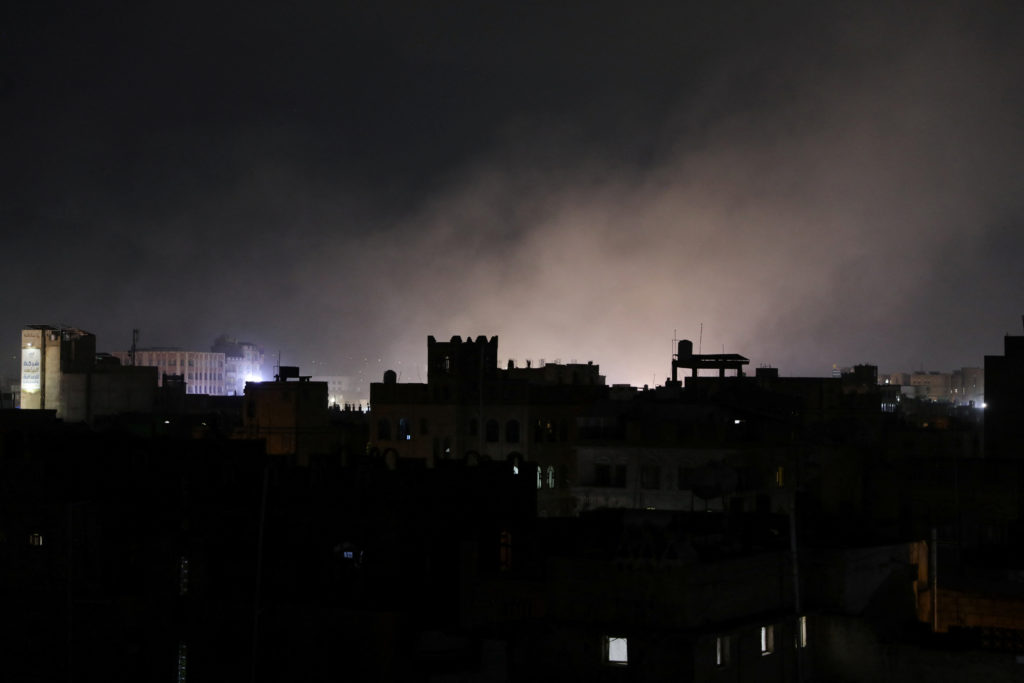Suicidal insanity
- The Cuban missile crisis is turning 60 years ago. Today we are approaching a similar situation, but public opinion is on the moon.

From 14 to 28 October 1962, the world was on the verge of total destruction. This crisis was due to the localization of military resources of mass destruction, deep and extreme insecurity, near the limits of the nuclear enemy.
At that time, everyone understood the danger posed by the extension of missiles and military infrastructures within the limits of the equivalent nuclear superpower. During those days the nuclear missiles of the Soviet Union could hit the United States by launching them from Cuba, while the American missiles installed in Turkey could do the same. The solution was to take a step back and open a direct telephone line between Kremlin and the White House, the famous “red phone”. Today Ukraine plays the role of Cuba, but the world is on the moon.
The situations are different, but the sense of the warnings that Moscow is making is then the same as Kennedy’s: to put “existential risk” on the table. Then the differences begin.
Putin’s warnings to the West about what was then called “MAD,” a probable mutual destruction, are not working. Politicians and the media are talking about Putin’s blackmail, even though there is no more being done than talking about the sensible thing after 1962. Although the disaster is evident, the negotiation of deescalation, as was done at the time, seems today to be discriminated against. Marginal nationalist ideologues such as the August attacks on Alexander Dugin, which ended his daughter’s death, which give him an importance that the Atlantist think tanks do not have, or those that were made against the Baltic gas pipelines in September, attacks on Germany, only confirm the speed with which the United States feeds the spiral.
We are witnessing a kind of suicidal dizziness from the consensus on the common risk in the Cold War.
Today we talk about nuclear war as a video game. Paraphrasing the title of Diana Johnston’s latest book, From MAD to Madness, we are witnessing from the consensus on the common risk in the Cold War to a kind of suicidal dizziness.
To defend Russia from the NATO attack, the European Union’s foreign policy officer, Josep Borrell, has recognised the veracity of Putin’s warning that he will use all the weapons at his disposal, “but this does not alter our resolve and unity to hold Ukraine.” They only look at the criminal invasion of Ukraine, which began in February, not to mention the reasons that have led to it for 30 years.
At the heart of the current crisis is the following idea from the United States: "I am the only great power, I want to remain that way and I am losing positions in the world, but since my military dominance is terrible and oppressive, I use it to compensate for those losses."
In this scheme, supremacy in Ukraine and the breakdown of economic ties between Germany and Russia (technology/energy) are key to dominating Eurasia.
The importance of Ukraine for EE.UU. to master Eurasia is well known. Washington has been claiming this for at least 25 years: the entry of Ukraine into NATO, the deployment of missiles capable of hitting in Moscow for five minutes, even to destroy or capture the capability of Russian missiles, and the conversion of a NATO base into Crime in Sevastopol, the old city of all Russian glories. That was the concrete perspective that opened up in the winter of 2014 with the change of regime in Kiev. In fact, since the great Chinese strategy – the New Silk Road (B&RI) – was launched in 2013 and began to integrate Eurasia via an energy and commercial network from Shanghai to Hamburg, the departure was very clear. On the one hand, the economic-trade resources of China and Europe, the Russian energy potential and the huge Chinese investments; on the other hand, the US military resources.
As regards the breakdown of the energy relationship between Germany (European Union) and Russia, history is well known. It did not start with Nord Stream 2, but much earlier, with agreements between Bonn and Moscow in 1981 to build pipelines and export Russian gas. This great milestone of the policy of distension of the Germans through trade has been approached mercilessly by Washington since its inception, with arguments and blackmail of “defense” of all kinds. Chancellor Helmut Schmidt's response to these pressures was clear: “Let them say what they want, the project is moving forward.” The EE.UU reaction. It was taking out the pistol, after threatening to withdraw the troops they had in Germany and dealing with other wrong things.
The breakdown of the energy connection between Germany (EU) and Russia began in 1981 with the Russian gas import agreements of Bonn
As some of the components of the work were produced in EE.UU, the CIA introduced software capable of controlling the pressure of the tubes, capable of exploiting them. In the summer of 1982, the construction of the gas pipeline broke out in Soviet territory, according to his memoirs Thomas Reed, a former member of the United States National Security Council in 2004 and a military member of the air force. The attacks on pipelines in September this year, in one of the maritime areas most controlled by NATO in the world, are therefore not the first US action against the energy connection between Germany and Russia.
“Our main ally, the majority of the Germans and the official Germany, as friends in politics and the media, has destroyed the basic energy transport channels for the industrial activity of our country, and here is nothing going on?” asked Albrecht Müller, editor of the main German independent media (NachDenkSeit, with half a million readers, Gemelter’s diary, Faller.
It is even more serious because it insists that there are no antibodies: the possibilities of nuclear war, which in the 1980s brought hundreds of thousands of citizens to the streets, especially in Germany, do not seem to be of much concern to public opinion. What's going on? It is true that we live in a very different “cultural environment” from the 1980s, especially in Germany. One aspect of this inequality must be sought in the structural corruption of the European media, especially relevant in Germany.
The Establishment’s media show us every day the crimes committed by the Russian army in Ukraine, hardly saying anything about the heap of crimes committed by the Ukrainians. With the help of the Western-controlled International Atomic Energy Organization (IAEA), they claim that the Zaporizhia nuclear power plant is being bombed without explaining who has bombed it; they ignore the Baltic attacks and distribute the risk of a nuclear conflict that can easily escape from their hands.
“The world’s most important newspapers are propaganda for the Third World War, while the voices that promote truth, transparency and peace are marginalized, silenced, marginalized and imprisoned,” said Australian journalist Caitlin Johnston, who has nothing to do with the author of the book mentioned above.
On the anniversary of the Cuban crisis of 1962, we are closer than ever to the risk that is growing day by day; by the combination of the structural militarism of its economy, by the absence of military bankruptcies in its territory, by the clear tendency to violence since its constitution as a State and by the fact that the human suffering caused by war does not live on the surface, the United States is at the epicenter of this global risk. I'm going to leave the status of "anti-Americanism" for the blind to say that all decadent empires are dangerous as they descend from the horse, but here and now there is nothing more dangerous than the reaction of the United States to its decline as a hegemonic power.
Dehumanization has penetrated deeply into the powers of the West, and they look with indifference to the holocaust that Gaza is suffering; in Gaza, if bombs do not kill you, you will die of hunger.
Now that our ship has been bombed it is a total impotence, we are well and we... [+]
I found the old news on the LIGHT ephemeris channel: On April 23, 1918, Irish workers went on a general strike in I. Against forced recruitment for World War II. Thanks to the response of the workers and independence supporters, Britain was forced to retreat.
We don’t have to... [+]
Errepikatu nirekin: Sara Millerey. Ez dezagun ahaztu bere izena. Transfeminizidioaren biktima da Millerey: gorrototzaile transmisogino batek torturatu zuen, besoak moztu zizkion eta bizirik bota zuen ibaiertz batera. Bi orduko agoniaren ondoren hil zen.
Errazagoa da J.K... [+]
It seems possible to measure happiness. There are even those who insist on it. The UN is not very successful in maintaining world peace, but it shows in an annual report how such a quality is distributed across the planet. It is basically a list, staggered from country to... [+]
Rearm Europe. Reindustrialize to defend Europe. This is the agenda that the political leaders of the European Union have been trying to promote lately, through the White Paper on European Defence, the BirArm Europe and the 2030 Availability plans. The excuses for the promotion... [+]










